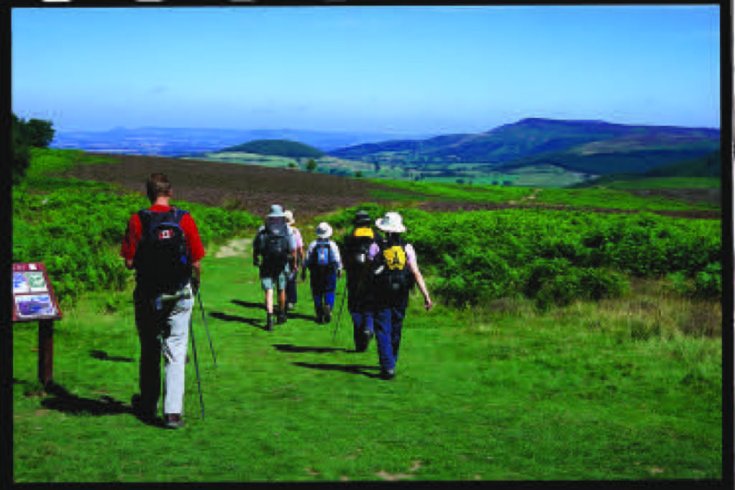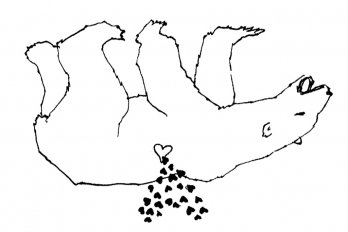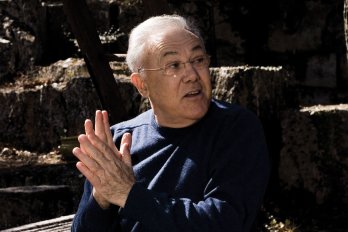
Yorkshire — At the end of the day’s hike, as we approached our lodgings, the barking of a black Labrador shattered the tranquil country air. It turned out that the dog was at one time trained for police work but didn’t make the grade, ending up as a guard dog instead. Its owner, our host, was a former member of the Leeds constabulary.
It was the summer of 2005, and I was with a group from Ontario taking part in an organized walking holiday across northern England. I had chosen the isolated villages and barren landscapes of Herriot and Brontë country quite purposefully. Post-9/11, the number of places to enjoy a peaceful sojourn was shrinking fast; booking a trip to the farthest corner of the sceptred isle seemed a safe bet. Then, on July 7, three weeks before I was due to leave, suicide bombers from Leeds struck London’s transit system, killing fifty-two commuters and injuring 700. A second attack two weeks later failed.
I had arrived in London under these circumstances, passing through King’s Cross, one of the stations the bombers had targeted, on my way north. The place was swarming with troops wearing combat fatigues and toting machine guns, but travellers appeared to be oblivious, passing through the turnstiles by the hundreds. It felt like a security state, and I was relieved to be heading off to Yorkshire.
Walking is an obsession with some people, and on that score the British must be the most obsessed. Unlike North Americans, wedded as we are to cars and rapid transit, Brits lace on their boots at the slightest opportunity, taking to their time-honoured rights-of-way like penguins to frigid climes. Places to ramble are thick on the ground, so to speak: large tracts of land in Britain have been classified as national parks but are held privately by individual farmers (who often raise sheep) and other landowners. Locally based national park authorities are responsible for all facilities and for preserving the beauty of the countryside.
The British love of the great outdoors cuts across class boundaries, having grown out of the population shift to towns during the Industrial Revolution. To workers living near mills, in cramped rat-infested houses, without running water, amid belching factory chimneys, wide-open spaces proved attractive.
On the Yorkshire trail, a path whose enviable reputation had fired my imagination in Canada, I was eager to sample the country pleasures so aptly described by Romantic poets. Regrettably, as I was wetting my boots in the sea—a customary ritual at the beginning of the hike—I couldn’t help but have some misgivings. The feeling wasn’t due to the prospect of the bleak, windswept moors—places Dr. Johnson once described as so desolate that if a man had a mind to kill himself, he would be hard put to find a tree on which to hang a rope. I’ve often trekked through forbidding terrain without any qualms. Nor did the weather forecast, which came without a warranty, trouble me.
The walk started out well enough. If my companions had any reservations, they weren’t showing it. Then, deep in the hinterland, I came across the dog, which, if it weren’t patrolling these moors, might have been uncovering terrorist cells. Its owner, the policeman from Leeds, told us that his annual leave had recently been cancelled. He was participating in a massive security operation to atone for the intelligence failure prior the attacks in London. And for the remainder of the walk, I found myself back in King’s Cross.



